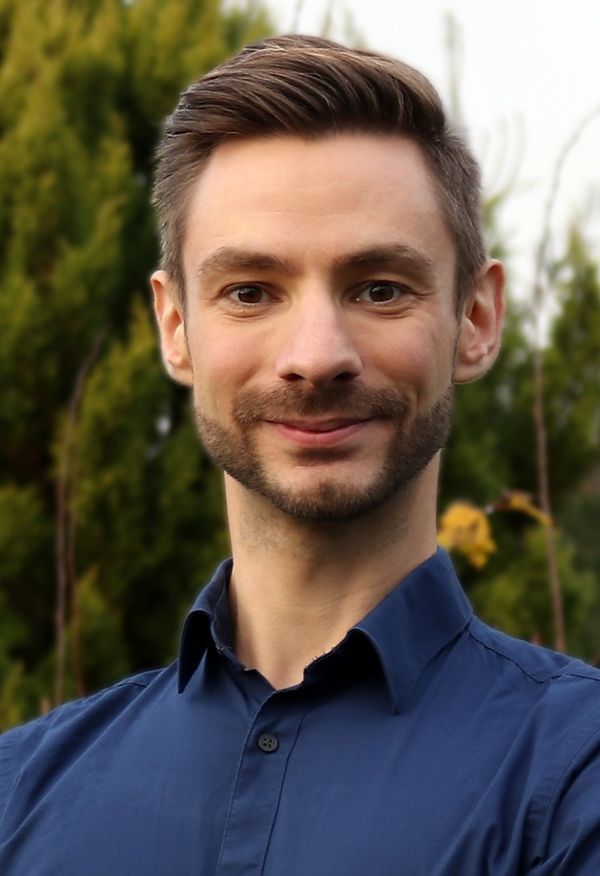New junior research group "Genetic Technologies" starts work
With the junior research group "Genetic Technologies", the Thünen Institute of Forest Genetics strengthens its expertise in the field of genome editing on trees. With genome editing, the genetic material of organisms can be modified in a targeted and effective manner. These genetic changes are virtually indistinguishable from naturally occurring mutations.
The junior research group is funded through the Agency for Renewable Resources (Fachagentur Nachwachsende Rohstoffe, FNR) of the German Federal Ministry of Food and Agriculture (BMEL) and started work on March 1, 2021.
Expanding CRISPR-Cas expertise
As a junior research group leader, Dr. Tobias Brügmann will continue his research, which he has been advancing for several years as a project scientist at the Thünen Institute of Forest Genetics. During this time, he produced Germany's first genome-edited poplars and researched the optimization of the Nobel Prize-winning CRISPR/Cas technology in trees. Potential applications of genome editing include the genetic optimization of trees as renewable raw material suppliers and the adaptation of native tree species to climate change. In the FNR-funded project "TreeEdit", genome editing will be tested for the first time ever on copper beech trees. With the help of genome editing, we can check which genes are causal for the expression of characteristics in trees.
Molecular biologist Dr. Tobias Brügmann said of his appointment as junior research group leader: "This research group has the potential to establish new breeding technologies in European forest tree species for the first time worldwide. In addition to technical aspects, however, the importance for forest plant breeding is also clear: climate change poses major challenges for forests. I would like to contribute to the development and testing of options for genetic climate adaptation of trees. I would also like to thank the FNR and the Thünen Institute for giving me the opportunity to work on this project and at the same time to work towards my habilitation and to guide two doctoral students towards their doctorates. This strengthens Germany and the Thünen Institute as a research location." In addition to the group leader, the junior research group will comprise two doctoral students and two laboratory staff. In addition to research, university teaching is a component of the project: "I am pleased to be able to work as a lecturer at the University of Hamburg and get students interested in plant biotechnology. I hope that this will further raise awareness of the research institute in the greater Hamburg area and interest more bachelor's and master's students in writing their theses in Großhansdorf," said Dr. Tobias Brügmann.
In addition to the institute's director, Dr. Bernd Degen, PD Dr. Matthias Fladung, head of the genome research department at the Thünen Institute of Forest Genetics, played a key role in the research proposal. Under his leadership, the first genetic engineering techniques in Germany were tested on trees almost three decades ago and genome editing came to Großhansdorf in 2016.
Background
The Agency for Renewable Resources is funding eight junior research groups in the field of renewable resources with funds from the Federal Ministry of Food and Agriculture (BMEL). With this initiative, the BMEL intends to further expand the academic expertise necessary for a bioeconomy in Germany. The qualification to become a university lecturer is to be achieved by working on a comprehensive research project as well as independently leading a junior research group. The funded research groups will be evaluated after two and a half years and can be in place for up to five years.

![[Translate to English:] [Translate to English:]](/media/_processed_/f/3/csm_2022_Titelbild_gross2_Saatgut_in_Hand_9ffb8f5748.jpg)
![[Translate to English:] [Translate to English:]](/media/_processed_/f/3/csm_2022_Titelbild_gross2_Saatgut_in_Hand_c17270fcc0.jpg)

![[Translate to English:] Logo des Bundesministerium für Ernährung und Landwirtschaft](/media/allgemein/logos/BMEL_Logo.svg)